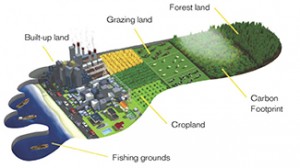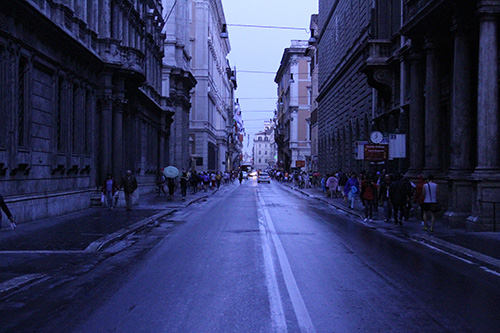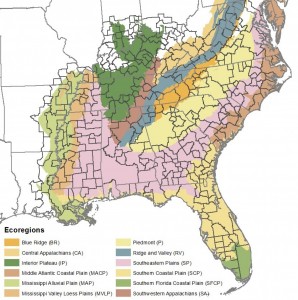 In a society wherein it is the final arbiter, is the market beyond criticism?
In a society wherein it is the final arbiter, is the market beyond criticism?
Is the very idea that an arbitrary arbitrage of value could be subject to notions of virtue, inspected for justice, honesty, moderation, only now a naive trifle? Question its wisdom and identify yourself as an unschooled radical. We know better, so we say little. Good sense about our prospects in the market gets the better of us and we ‘trim our sails’ and ‘keep our powder dry.’ But these are boats that won’t leave the harbor, stocked with guns that won’t fire. What if we are poised upon the very footbridge that people will one day look back to and identify as the last chance? How many more opportunities can wait? Upsells, upgrades, limited offers, monopolies on that perfect, once-in-a-lifetime opportunity, bucket lists… the language of premium experience and exclusivity harkens, tugging at heartstrings, it is assumed, in crass attempts to woo because of course it would. Nothing shall be off limits. But the organs blacken. We feel it but do not fight back. It’s just the market – this is what it does – equanimous and unyielding. It is the only entity that will pursue its truth, and follow the trail wherever it goes. Its judgment is neutral, unbiased, equal opportunity, nonracial and irreligious. Abiding by its decisions relieves the burden to prove anything: the market has spoken. Slowly boiling amphibians may at least have the semblance of regret.
This is the saddest article I’ve read in quite sometime, and extremely well-reported. Right-to-work. The American South is Seoul’s Mexico.
Image: Market Place II by Charles Nkomo






